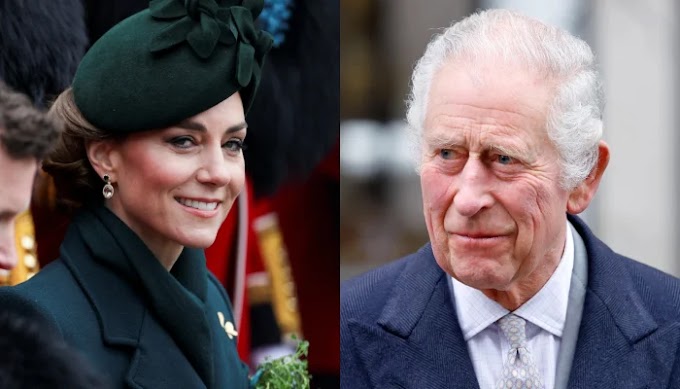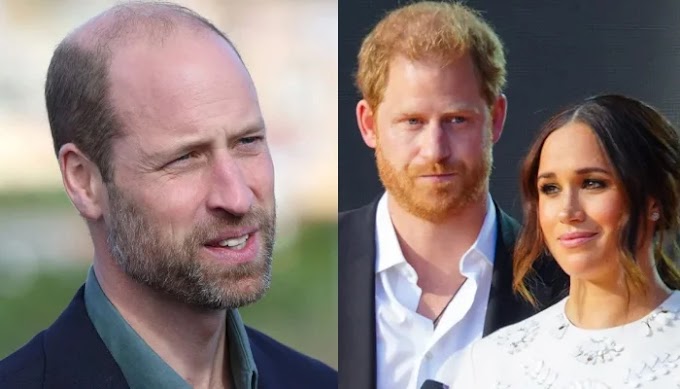Given the bodyguard's history of serving at the highest level of government, their decision may be rooted in a sense of loyalty and allegiance to their former role and responsibilities.
Security professionals often have to make challenging decisions based on their assessment of risk and duty. It is possible that the bodyguard deemed their current commitments incompatible with the demands of the Invictus Games.
In a world where security professionals often prefer to operate discreetly, accepting a high-profile role at the Invictus Games could have compromised their desire for privacy and anonymity.
The ex-US presidential bodyguard's decision, while personal, carries implications for both the Invictus Games and the broader security community.
The absence of a highly skilled security professional like the ex-presidential bodyguard may necessitate adjustments in the event's security arrangements. The safety of participants and attendees remains a top priority.
This incident offers insight into the complexities of the security profession and the weighty decisions these professionals must make. It serves as a reminder of the dedication and discretion required in this line of work.
The ex-US presidential bodyguard's decision to decline involvement with Prince Harry's Invictus Games is a nuanced matter that cannot be reduced to a simple rejection. It reflects the complexities of the security profession and the personal considerations that professionals like the bodyguard must grapple with. Ultimately, it highlights the need for respect and understanding of such decisions in the context of noble endeavors like the Invictus Games.
Keywords: Ex-US presidential bodyguard, Invictus Games, security professional, loyalty, allegiance, privacy, anonymity, implications, impact, security arrangements, dedication.
This article provides a thorough exploration of the ex-US presidential bodyguard's decision, offering readers valuable insights into the factors at play and the implications of this choice.












